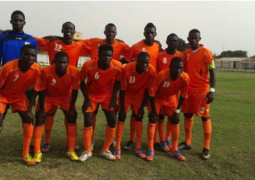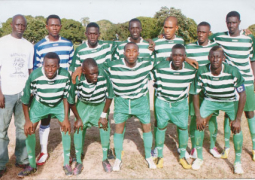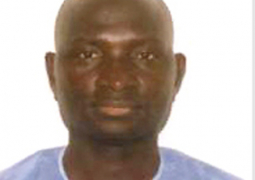In the crusade to take Gambian culture and traditional music into the stratosphere, music experts and traditional elders in the country have wasted no time to conduct sound research on the smiling coast of Africa’s music culture and background.
One of these fact-seekers and revealers is Alhagie Mbye, a born musician of Jarra Barro Kunda.
In a brief chat with Entertainment, the Gambian music star said he started music by himself in 1981 after studying at the Malmo Academy of Music University in Oslo, Norway.
“I have not released any album in The Gambia but I have got one CD that I made and is on air,” he told Entertainment recently.
The traditional musician says he has been recording albums in Sweden, Finland and Denmark, adding that those albums were done via invitations by big musicians who hold him in high esteem because of his musical talents.
“They have also helped me to do solo recording - because the real kora should not go away from us and this is affecting The Gambia now,” he said.
Mbye noted further: “Some are playing kora but don’t know what the kora is all about. We should therefore work hard so that our tradition can survive.
“I made some solo recording to play songs and these are songs that we should follow up and bring back to life.”
He thanked the Gambia government and the private sector for their support to the growth of music and musicians in the country.
He however called on the authorities and all stakeholders to work very hard to establish the Copyright law, to deter people from copying the hard and talented works of musicians without their consent.
“It is high time we studied our instruments rather than criticizing one another’s music,” Mbye charged.
He shared these words of thanks: “We thank our President so much for what he is doing to promote the country’s music and culture.”
The music expert says upcoming musicians are doing wonders in the industry, adding that they need to be supported.
“We have been seeing international musicians playing in The Gambia for years now and I can see those people are well arranged than us,” he noted.
“Developing the young ones is what we need as well as inviting international musicians to perform and create workshop so that we can learn from each other.
“Senegalese musicians past through the stage The Gambia is today before they get where they are now.”
Read Other Articles In Article (Archive)

Papis Nyassi salvages point for Brikama United in 1st Division
Feb 10, 2020, 2:57 PM
Public Agencies Must Lead by Example
Aug 21, 2008, 6:31 AM



